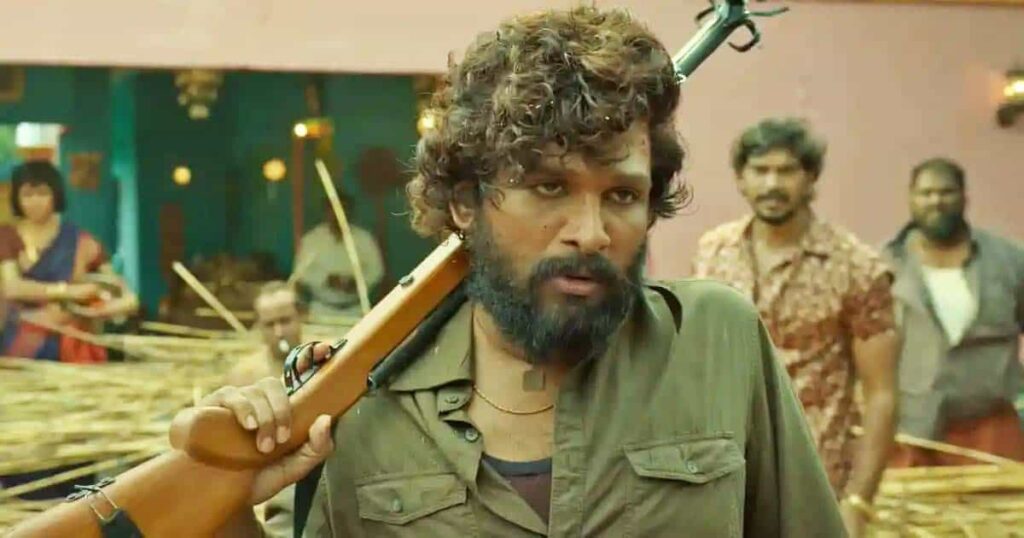
Pushpa – The Rise is a Telugu action thriller film released in 2021, directed by Sukumar and starring Allu Arjun and Rashmika Mandanna in lead roles. The movie revolves around the story of a villager turned smuggler named Pushpa, who gets involved in a fierce battle with mafia and police.
The film’s gritty and realistic portrayal of the smuggling underworld and its characters, makes it a good watch. The film’s stunning visuals, action sequences, and performances of the lead actors, particularly Allu Arjun, who delivers an intense and powerful performance as Pushpa, stand out.
A few management lessons
Pushpa is a film that provides a unique perspective on the entrepreneurial journey, albeit in an illegal and violent context. The protagonist, Pushpa, demonstrates an impressive array of leadership skills that can be applied to any business context.
One of the key takeaways from the film is the importance of identifying opportunities. Pushpa recognizes the value of red sandalwood and finds a way to exploit it through smuggling. Entrepreneurs must similarly identify opportunities in the market and find ways to capitalize on them.
Pushpa also demonstrates the importance of building a strong team. He forms alliances with other smugglers and builds a network of workers who are loyal to him. This highlights the importance of building relationships and trust with employees and stakeholders.
The negotiation scene where Pushpa asks for a share in the profits instead of a fixed salary is also an important lesson for managers. This shows how incentive structures can be leveraged to motivate employees and align their interests with those of the company. It also throws light on the mindset, that of an employee and an Entreprenuer.
Another key takeaway from the film is the importance of being adaptable. Pushpa must navigate through various challenges and changing circumstances, from competition to law enforcement, and must adapt his strategy accordingly. In business, leaders must be flexible and willing to pivot when necessary.
Lastly, the film also touches on the importance of risk management. While Pushpa’s business is illegal, he takes calculated risks and always considers the potential consequences of his actions. In business, leaders must also manage risks effectively and be aware of the potential consequences of their decisions.
In summary, Pushpa is a film that offers valuable insights into the entrepreneurial journey and leadership. While the context may be illegal and violent, the lessons learned can be applied to any business context. From identifying opportunities to building a strong team, from negotiating incentives to being adaptable and managing risks effectively, Pushpa offers a unique perspective on the qualities that make for successful leaders and entrepreneurs.

